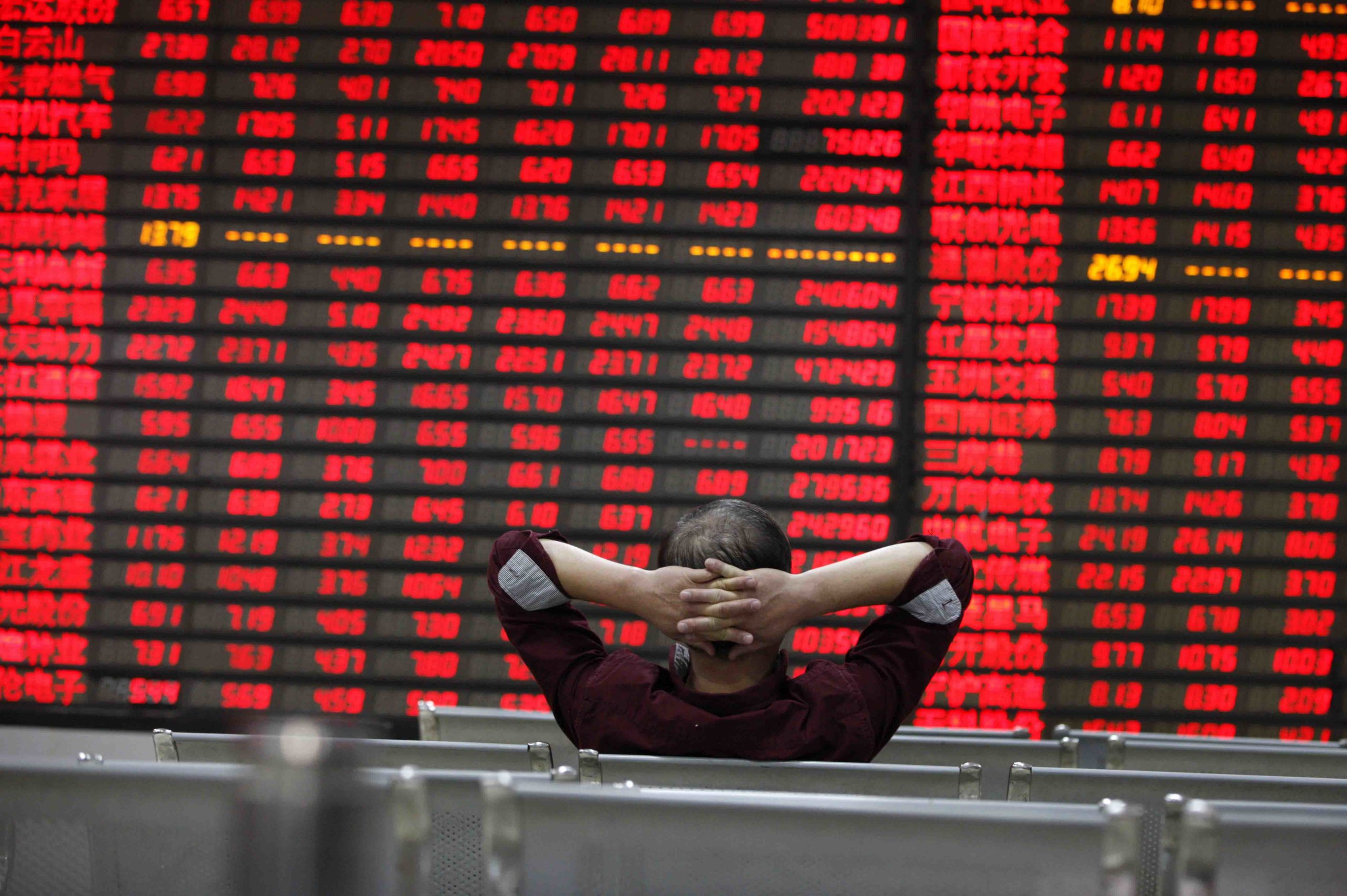DOWNLOAD CALASTONE'S LATEST GLOBAL FUND FLOWS REPORT: FUND FLOWS IN A BEAR MARKET
Overview
- Inflation and economic contagion are driving a bear market
- Fixed income – risk dispersion is back and is driving big changes in investor behaviour
- Equity markets – risk aversion hits long-term growth plays as investors turn to cash-generative blue chips
- Property has some defensive characteristics but is not immune
- Alternatives – wide variety of asset types mean very different impact
Fixed Income
- Fixed income funds are a much smaller asset class than equities – 19% of global AUM v 47% and turnover levels (buy trades v sells) are roughly proportional
- But bond funds saw bigger net inflows 2019-2021 - $74.1bn v $71.6bn
- All change in 2022 as risk aversion and rising yields have driven a bond-fund sell-off – net outflow of $9.7bn by end of May
- Consistent investor behaviour across different territories
- Shedding risk is the key motivator behind large outflows
Equities
- Bear market is driving ‘the big switch’ in equity funds, but not (yet) significant outflows compared to fixed income or previous periods of outflows
- Outflows reached $1.6bn between January and May 2022, compared to $28.7bn inflow in same period of 2021
- Risk shedding is driving a switch out of smaller companies, tech and US equities
- Concerns over Chinese economy is pushing capital out of China-focused funds
- Income funds enjoy a long-awaited moment in the sun as investors almost everywhere add to holdings
- ESG funds are beneficiaries of the big switch - by the end of May, ESG equity funds had seen net inflows of $4.9bn in 2022, compared to outflows of $7.2bn for non-ESG funds
- ESG funds are not inherently any less risky than regular equities, but are coming from a very low base
- Active funds are being hit harder by negative investor sentiment, though ESG is providing support
- Other asset classes are adjusting according to their risk profiles
Investor attitudes to equity funds show some key regional differences, but exhibit similar motivation
- Outflows from European equity funds were driven by local investors, while UK investors were more interested in switching to income and ESG
- Australian investors have bought equity funds in 2022 – reflecting income bias of domestic stock market
- Asian investors have been more positive on equity funds than investors elsewhere but they have been more negative on fixed income
